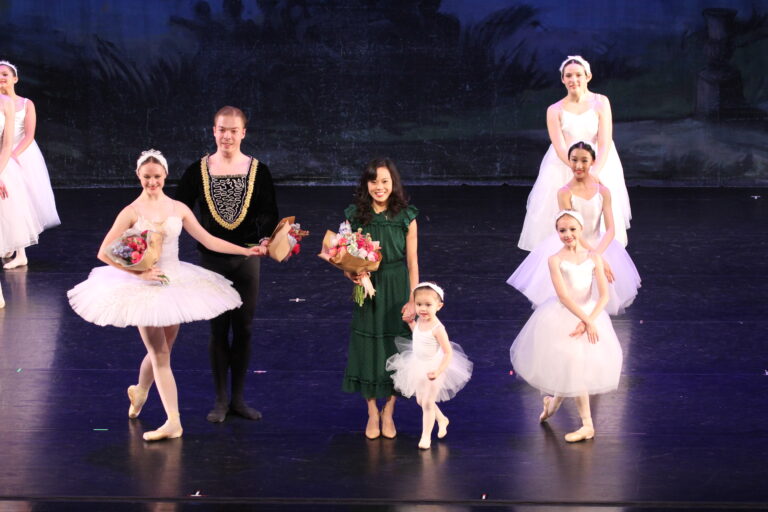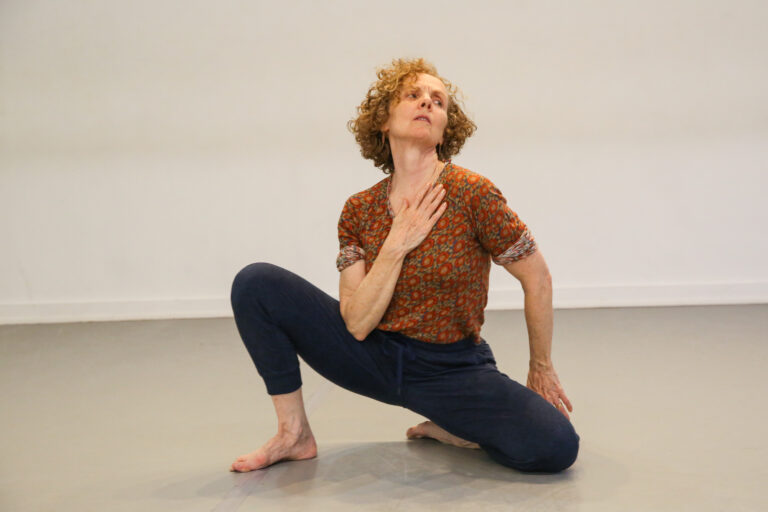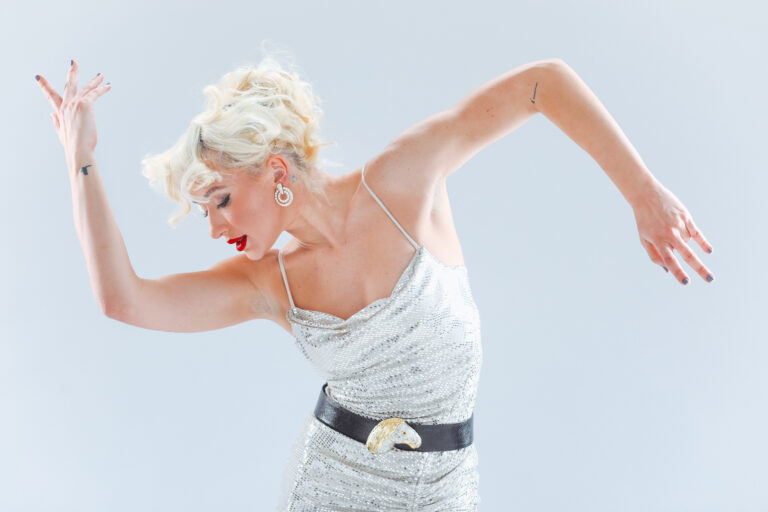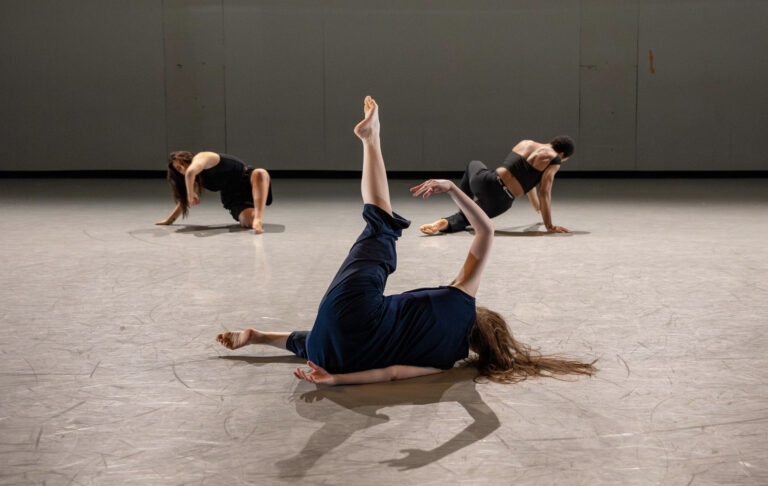
Nigel Campbell and Chanel DaSilva can’t remember a time when they didn’t have each other’s backs. Ever since age 10, when DaSilva stood up to dance-studio bullies in Campbell’s defense, their friendship has been one of mutual support, honest feedback and unending inspiration. Together, they thrived at LaGuardia High School of Music & Art and the Performing Arts, became Presidential Scholars in the Arts (even writing their winning essays about each other), graduated from The Juilliard School and went on to vibrant performing careers—DaSilva with the Lar Lubovitch Dance Company and Trey McIntyre Project, Campbell with Gibney Company and in Europe.
One fateful day in 2013, “ChaNigel” (as the pair has been known since LaGuardia) had an epiphany. DaSilva recalls: “We were talking about our lives in the dance field and asked ourselves, ‘How did we get here?'” The answer, they agreed, was the army of mentors—including each other—who’d encouraged and advised them all the way. Then, Campbell says, “we realized we’d each been the only Black person, or one of the only Black people, in the room for most of our careers. Where was everybody else?!”
Paying It Forward
Not everybody, they concluded, had a friend like Chanel or Nigel beside them to make sure they made it. And so the two pledged to be there for the next generation of young dancers like them. After more than two years of planning, fundraising and burning the candle at both ends—at the time, Campbell was a dancer and artistic associate with Gibney Company and DaSilva was building her freelance career—they launched MOVE|NYC| with a mission to diversify the dance field by mentoring pre-professional dancers from underrepresented communities in New York City.
They started with a tuition-free, three-week summer intensive for gifted teens from around the five New York City boroughs. This was inspired by DaSilva’s own frustration in high school, when her family couldn’t afford the prestigious summer intensives to which she’d been accepted. “In New York, young people get year-round training through performing-arts high schools,” Campbell says. “But we knew from experience that the summer training that propels you so quickly could be out of reach for a lot of demographics of color and for women.”
As soon as that first intensive wrapped up, ChaNigel realized they needed to do more. “What’s required of a rising senior today is not what it was when Nigel and I graduated from high school,” DaSilva says. “You have to know how to improv, do hip hop
and ballet and modern, maybe even be able to sing. You need a dance shot, a reel, a headshot and a resumé.” MOVE|NYC| expanded to encompass the Young Professionals Program (tuition-free, year-round mentorship and conservatory prep for dancers ages 13 to 18); S.W.E.A.T., a summer workshop for emerging artists; OPEN ACCESS, a four-day winter intensive for teens in the tri-state area; and MOVE the Field, a job-shadow opportunity for select Young Professionals with exciting up-and-coming companies like Gallim Dance and Kyle Abraham’s A.I.M.
One-on-One Relationships
The components of Young Professionals read like a young dancer’s dream: summer and winter intensives, performance opportunities, field trips to dance performances, one-on-one mentorship, senior solo coaching, help with dance resumés and pro headshots, and more. But talk to the parent of a Young Professional long enough, and it becomes clear that much of the real magic happens off-line.
“Nigel and Chanel have an open line of communication with dancers and families,” says Suncerae Fredericks, mother of a former Young Professional named Waverly (see sidebar, page 38). “They gave us their phone numbers so we could call with any concerns, like which auditions and intensives Waverly should be going to. Their advice is so appreciated and so effective.”
DaSilva and Campbell are not afraid to have difficult conversations, either. “If a kid were to put something inappropriate on Instagram or whatever, they have no problem calling them directly with all the reasons why it should be taken down,” says Fredericks. “Their true family support and an open-door policy are such a relief. As a parent, you want to give your child everything, but you have so many other responsibilities.”
The Impact
ChaNigel are quick to insist that they aren’t alone in this work. As DaSilva says, “Nigel (who’s from the Bronx) and I (a girl from Brooklyn) are products of the incredible institutions across New York City that have been producing young dancers for decades. Now, it’s an honor to work in partnership with those performing-arts high schools and year-round training programs to produce this next beautiful generation of dancers.”
Gina Gibney, who has supported MOVE|NYC| from day one as a founding partner and member of its artistic advisory board, says their work fills a crucial and overlooked need in the dance ecosystem: “They have an incredible track record of getting these young artists into great schools, which in turn enriches those institutions. But I see the impact of their work most in relationships with the kids. When the kids are around Nigel and Chanel, they’re around family.”
And like the best, most loving families, it wants the best for, and demands the best of, its offspring. “I want everyone who comes through MOVE|NYC| to walk into the next phase of their training empowered in their unique identity, knowing they never have to erase themselves in order to be in a space,” says Campbell. He says the question is always, “How can they be better than us? How can they move the field forward?”





